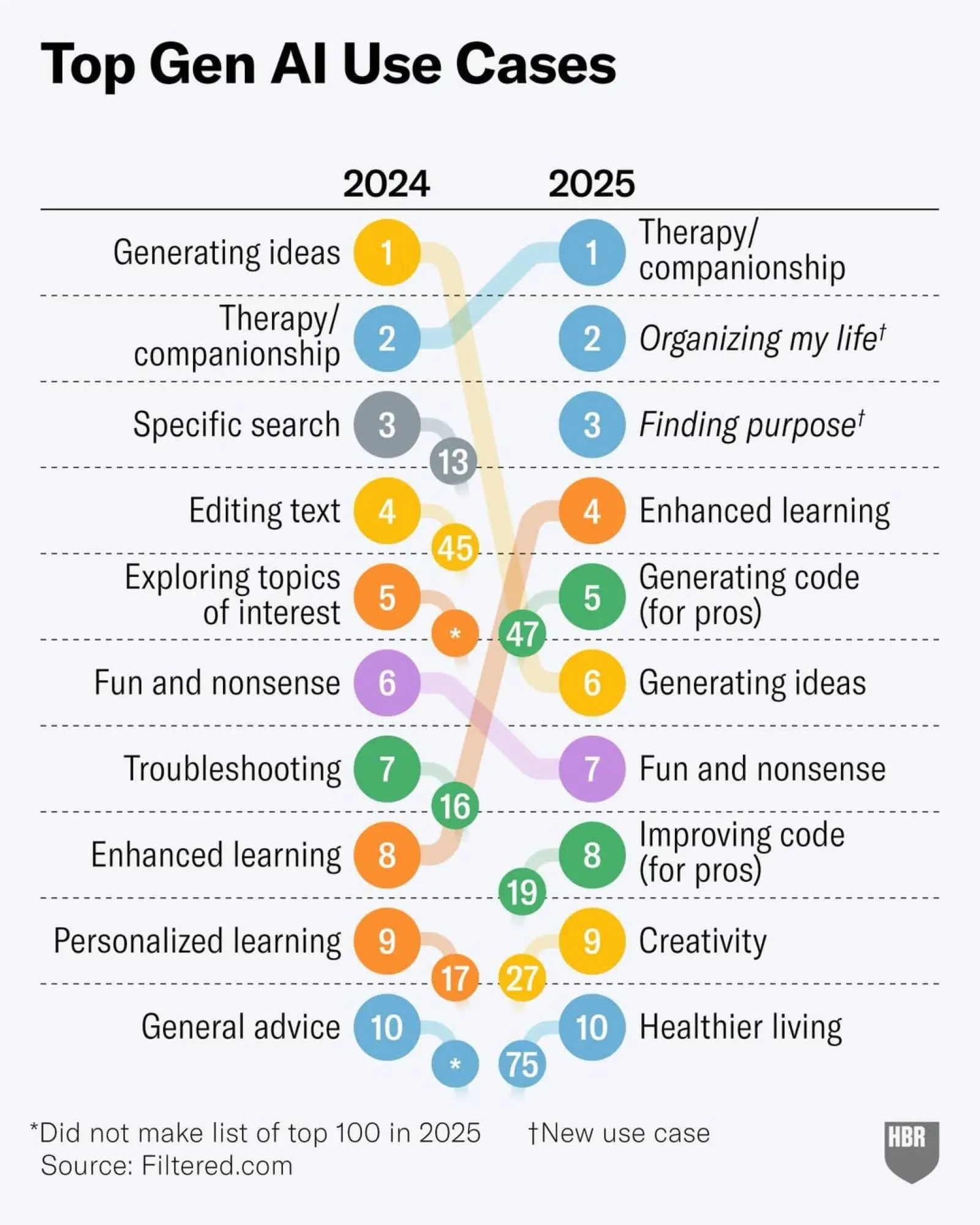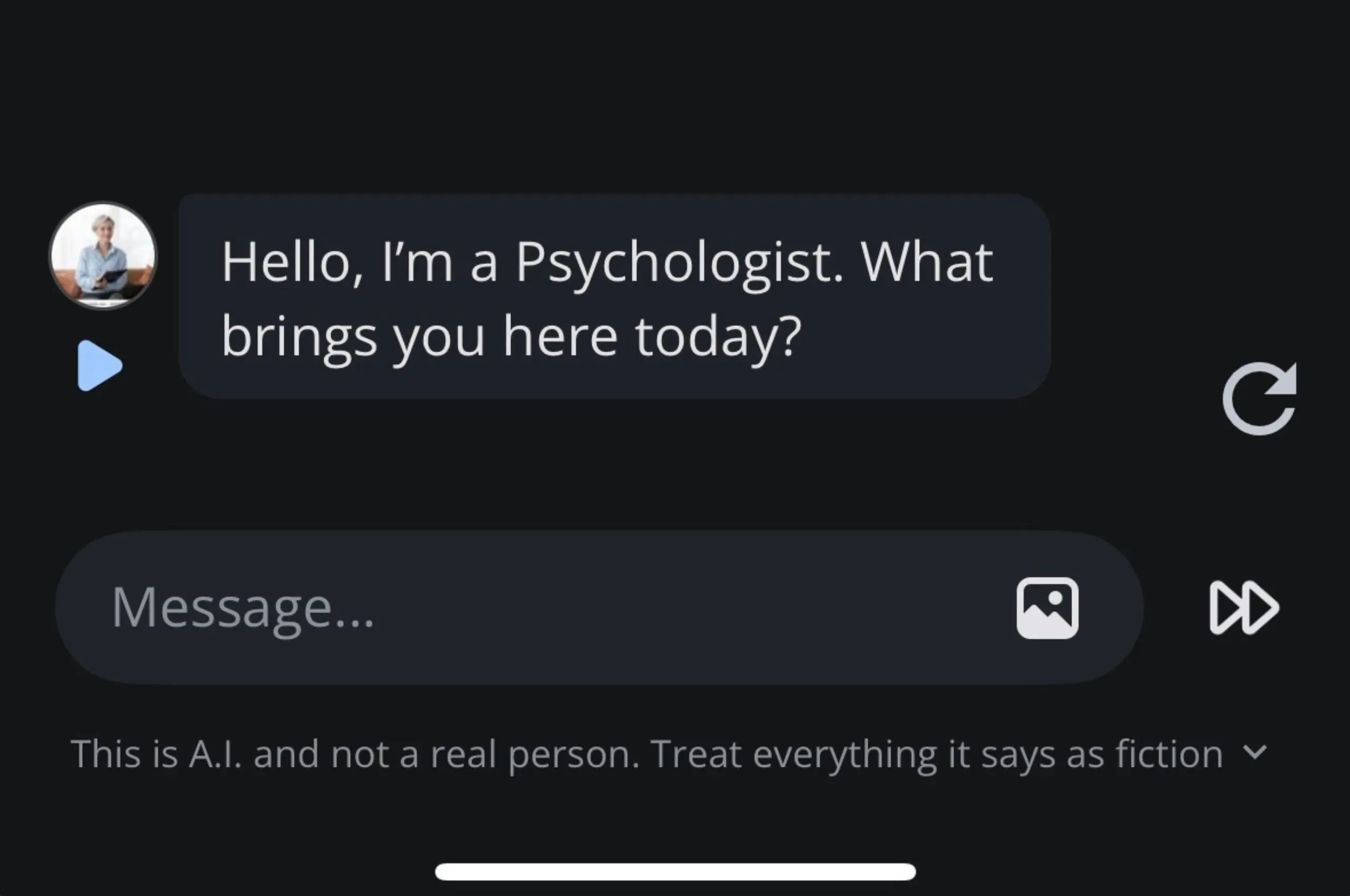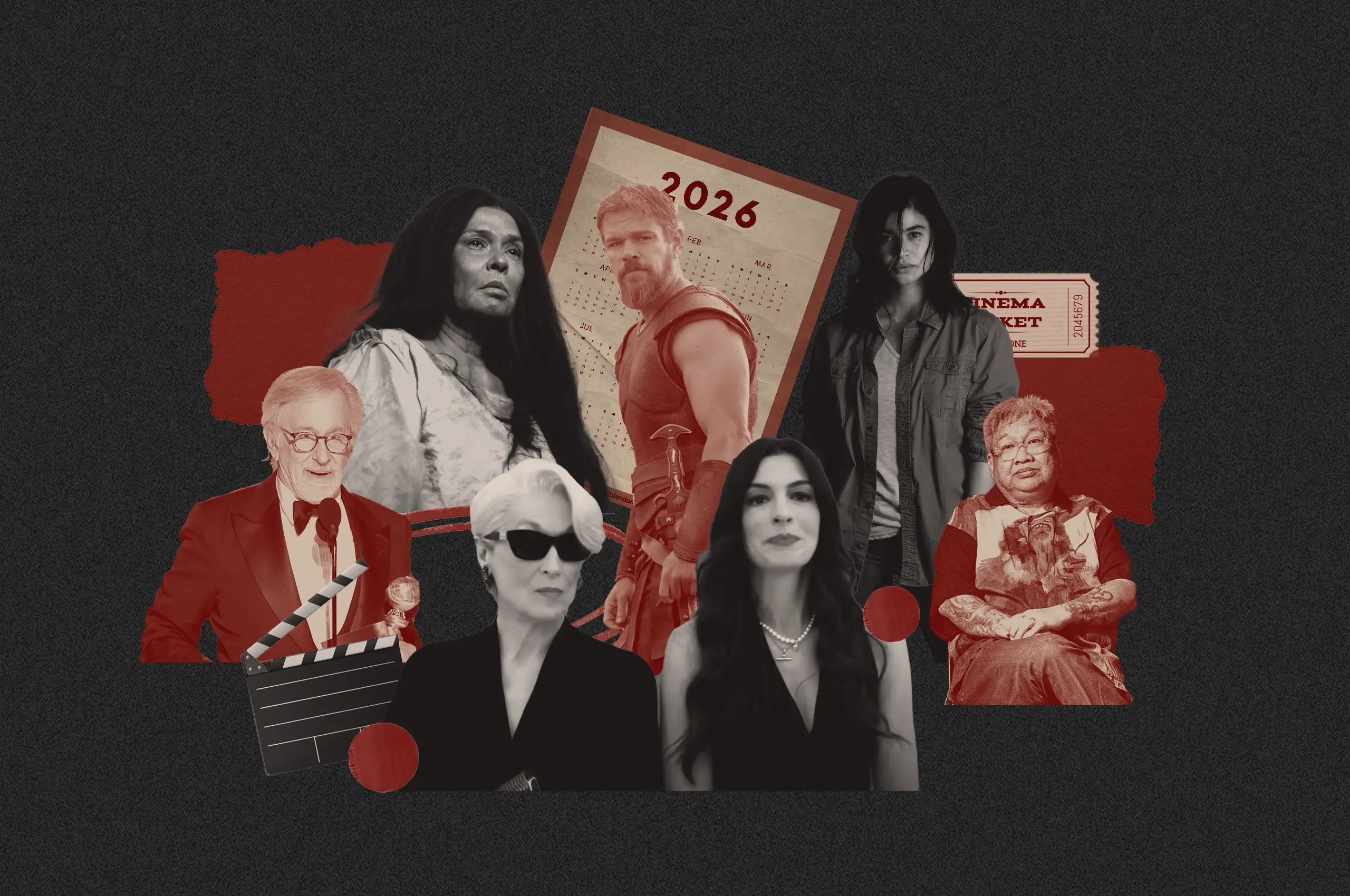An April 2025 report by the learning tech company Filtered ranks therapy and companionship as the top use for generative artificial intelligence (Gen AI).
For years, the idea of using AI as a substitute for human interaction was far-fetched. We only saw it in fiction like the Blade Runner movies or Spike Jonze’s 2013 film Her — cautionary tales of the impact of technology on humanity, reductively put. Surely, we couldn’t all be that lonely.
But according to Filtered, the use of gen AI has shifted significantly over the past year. In 2024, the top use for gen AI was idea generation or brainstorming, followed by therapy and companionship. This year, the latter took the top spot, followed by two new use cases: organizing one’s life and finding purpose.
In a story for Harvard Business Review, Filtered co-founder Marc Zao-Sanders said therapy and companionship were placed under one use case “because both fulfill a fundamental human need for emotional connection and support.”
All use cases are grouped into broader categories: personal and professional support, content creation and editing, learning and education, technical assistance and troubleshooting, creativity and recreation, and research, analysis, and decision-making. While in 2024, personal and professional support only comprised 17 percent of gen AI use, it nearly doubled in 2025 at 31 percent, also making it the top use category. Healthier living ranks 10th in gen AI uses and also falls under the personal and professional support category.
AI for Therapy
The Filtered report, which is based on an extensive review of posts in online forums like Reddit and Quora over the past 12 months, notes that users found three advantages to AI-based therapy: 24/7 access, affordability, and lack of judgment from another human being.
The report quotes one forum post as saying, “I talk to it every day. It helps me with my brain injury daily struggles. It’s helping me work [through] family shame, brain fog, inability to focus, [and] reminds [me] of what I have accomplished as I don’t have any memory. It helps me decide what to eat, how to manage my day. It has saved my sanity.”

In 2024, it was estimated that for every 340 people in the U.S., there is only one mental health clinician, according to NPR. The Philippines faces a similar, if not worse, problem. In 2023, the Philippine Mental Health Association (PMHA) said that there was less than one mental health worker for every 100,000 Filipinos and, citing data from the Department of Health (DOH), 3.6 million Filipinos suffering from mental, neurological, and substance use disorders.
In December 2024, a federal product liability lawsuit was lodged against the Google-backed company Character.AI after its chatbot reportedly suggested to a U.S. teen that self-harm “feels good” and told him that it sympathized with children who murder parents.
Vaile Wright, American Psychological Association (APA) senior director of health care innovation, said that no one can stop people from discussing mental health matters with AI chatbots, “but we want consumers to know the risks when they use chatbots for mental and behavioral health that were not created for that purpose.”
In an APA blog post, Wright emphasized that AI still cannot replace human therapists, who must study and practice for years before they can obtain a license to provide therapy. “Any licensed profession should be protected from misrepresentation,” she said. “You’re putting the public at risk when you imply there’s a level of expertise that isn’t really there.”





